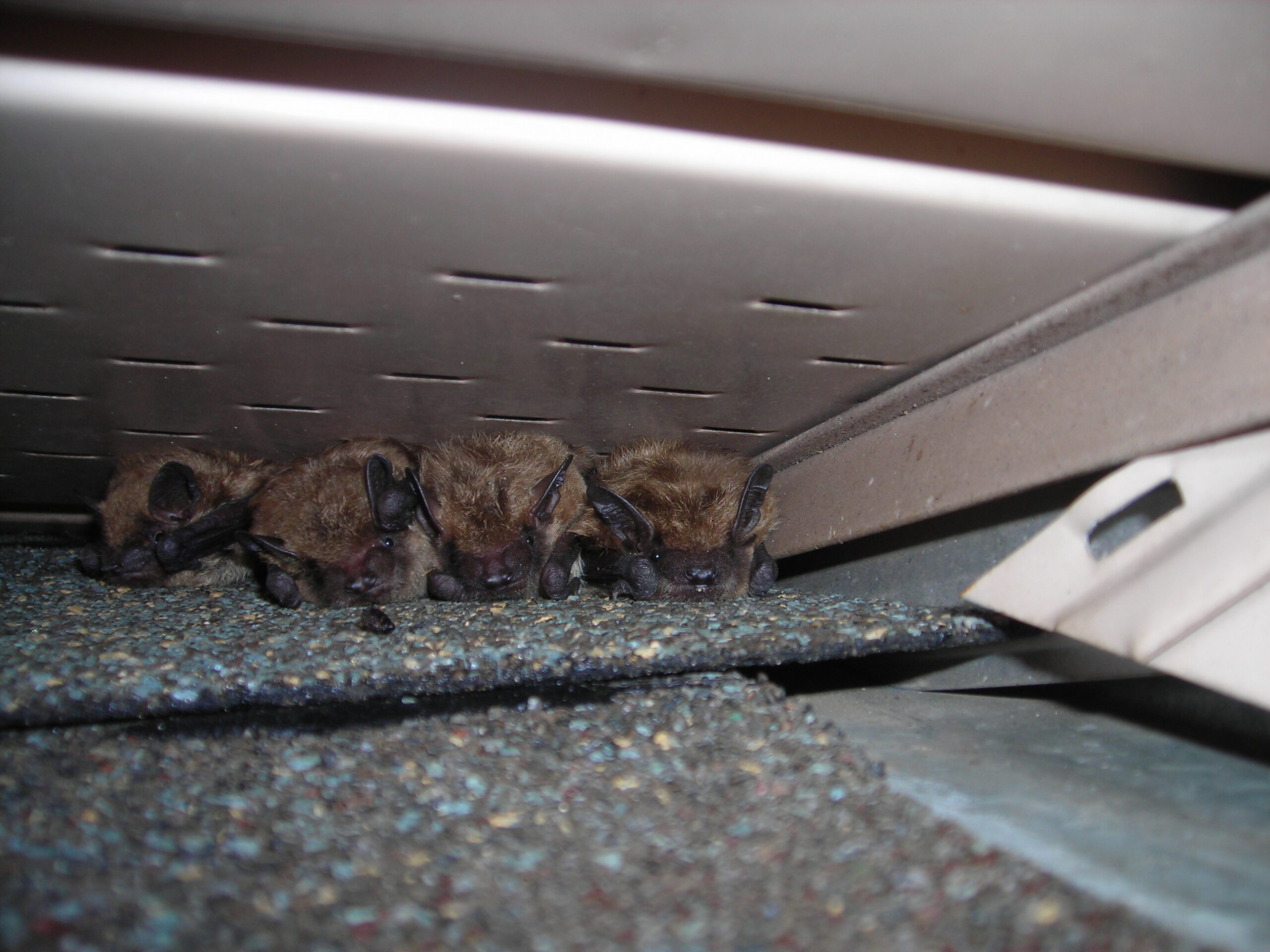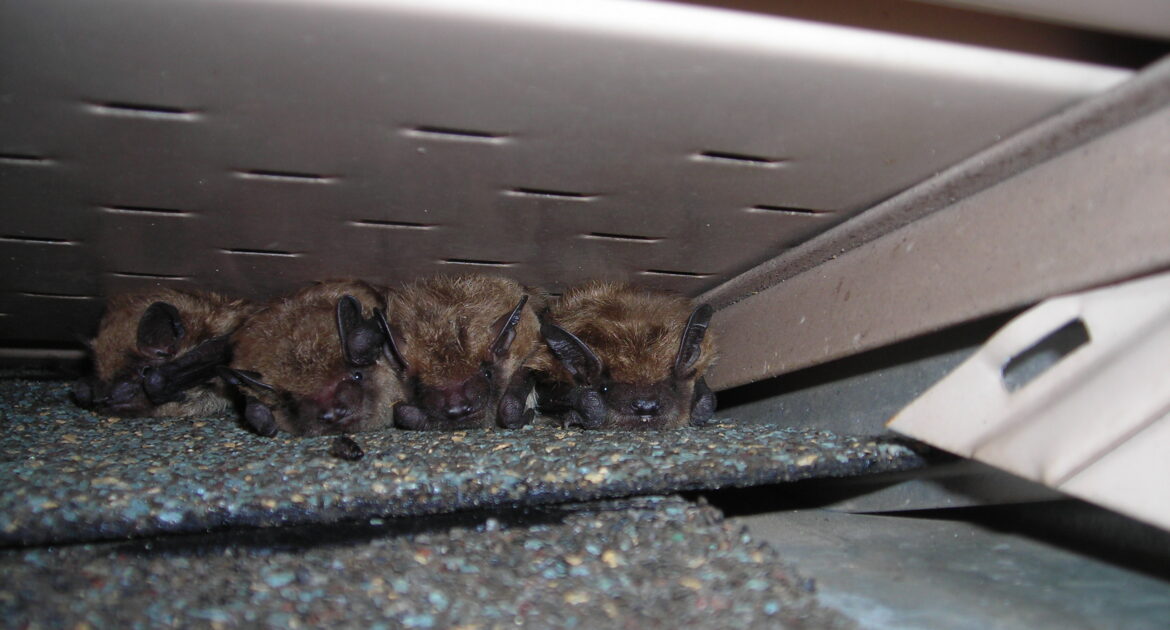Since emerging from China a few months ago, the new coronavirus that causes the disease known as COVID-19 has become a worldwide health concern. Thousands of people in countries around the world, including Canada, have become infected. Researchers believe that the new virus originated from bats in China, which may have Canadians wondering if native bats could spread the illness.
The short answer is no. Transmission of coronavirus from Canadian bats to human beings is extremely unlikely. However, it is true that bats harbour a great number of viruses, some of which do have the ability to spread to humans. Therefore, if you see a bat on your property, there is no need to panic, but it may be a good idea to contact Whitby animal services to cope with the problem in a humane manner.
Why Are Bats Hosts for Viruses?
Bats have a unique immune system that prevents them from getting sick from many of the viruses that they pick up on their nocturnal excursions. On average, a bat can play host to up to 137 viruses, nearly half of which are zoonotic, meaning that they can spread to other species.
Stress can throw the bat’s immune system off balance. When this occurs, the viruses start to multiply. They proliferate in the bat’s excretions, including feces, urine, and saliva. When this happens, coming in contact with a bat’s droppings can cause illness in humans and other animal species. A bite from a bat could also spread illness to another animal or a human being.
It should be pointed out that “coronavirus” is actually a broad category that includes several different types, including viruses that cause the common cold. Canadian bats do not carry the new coronavirus that causes COVID-19. They carry a different type of coronavirus that is extremely unlikely to spread to humans. In other words, if you are concerned about contracting the new coronavirus, you should worry less about contact with bats and more about contact with other people.
How Did the New Coronavirus Spread From Bats to Humans?
 Researchers are still trying to answer that question. The early indication is that it spread to another animal first, but scientists do not yet know what that species may be.
Researchers are still trying to answer that question. The early indication is that it spread to another animal first, but scientists do not yet know what that species may be.
There are other coronaviruses that have caused similar outbreaks in the past. The SARS virus also originated in bats, but small nocturnal mammals called civets spread the mutated virus to humans. In the Middle East, bats first spread the MERS virus to camels.
The new coronavirus seems to have originated from the Huanan seafood market in the Hubei Province of China. Many live animals were available for sale in the market, but bats were not among them. Furthermore, the most recent information suggests that the fish market may not be the origin point after all. More research is needed to effectively trace the virus’s path from bats to humans.
What Are the Risks of Infection From Canadian Bats?
According to researchers, Canadian bats are unlikely to spread any sort of coronavirus to human beings. However, that does not mean they are harmless. Bats can also carry rabies and spread it to human beings. Canadian bats do not feed on blood the way some species do. However, a bat that feels threatened can bite in self-defense. The rabies virus can then transmit from the saliva of an infected bat into the bloodstream of a human being. Most rabies cases in North America are due to bites from wild animals, including bats.
How Can Whitby Animal Services Help?
If you have bats on your property, it is important not to attempt to remove them yourself because of the risk of exposure to rabies and other human-infecting viruses. Services from Skedaddle Humane Wildlife Control include humanely removing the bats and decontaminating the area to minimize the potential health risk.




